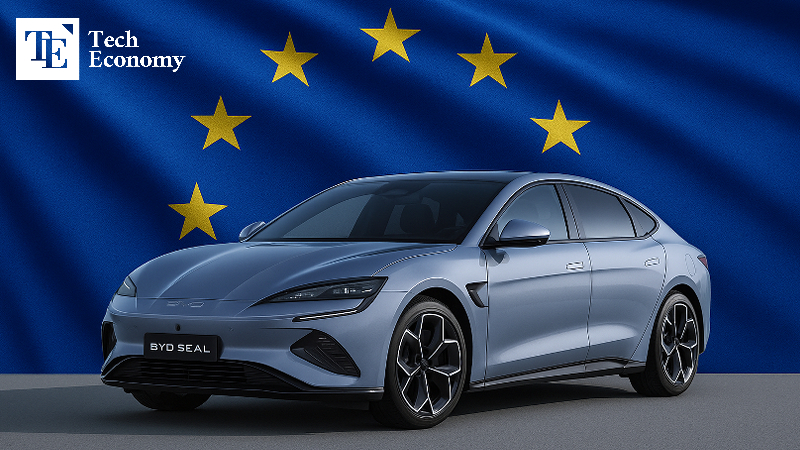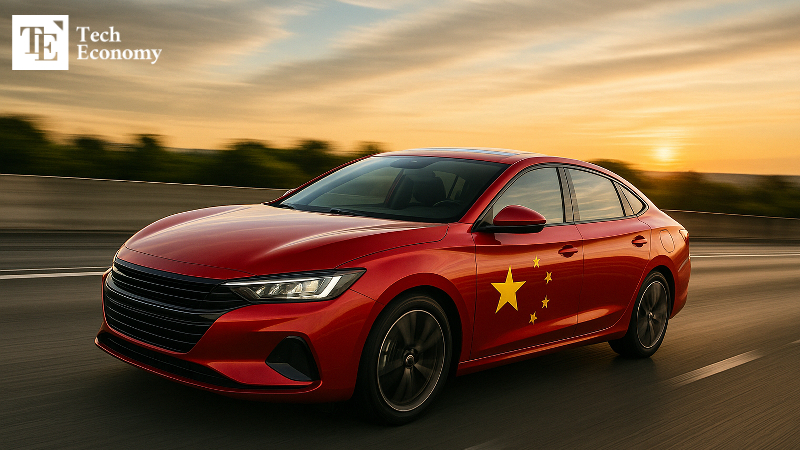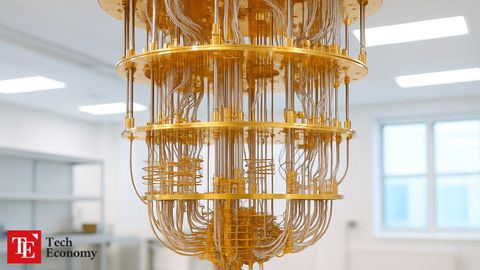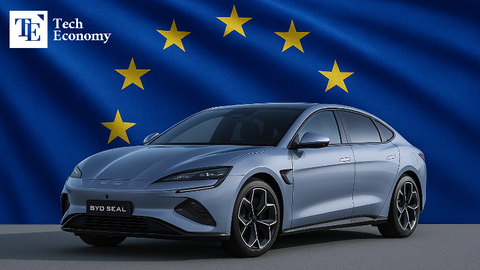Chinese EV Makers Accelerate Global Expansion, From BYD’s European Surge to Xpeng and Zeekr in Korea
Input
Modified
BYD’s Green Car Sales in Europe Soar 244% This Year Premium Battle Heats Up in Korea, EU to See Launch of Supercar “Yangwang” Zeekr, Xpeng Step Up Global Expansion Efforts

China’s BYD has sharply expanded sales of battery electric vehicles (BEVs) and plug-in hybrids (PHEVs) in Europe as of August, overtaking Tesla in market share. The surge stems from its aggressive low-price strategy, which has allowed the company to carve out a strong position in the industry. Building on its cost competitiveness, BYD now plans to boost sales of premium models across multiple markets in a bid to improve profitability.
BYD Races Ahead in Europe
On the 25th, Reuters reported, citing data from the European Automobile Manufacturers’ Association (ACEA), that Tesla’s EU electric vehicle sales in August plunged 36.6 percent year-on-year to 8,334 units, cutting its market share from 2 percent to 1.2 percent. In contrast, BYD’s sales in the region surged 201.3 percent to 9,130 units during the same period, lifting its January–August growth rate to 244 percent and pushing its market share up to 1.3 percent—overtaking Tesla.
BYD’s rapid rise in Europe has been fueled by its strong price competitiveness. The company has launched a wide range of affordable models such as the Dolphin Surf, Atto 3, Seal U, Han, and Seagull, attracting cost-conscious European consumers. The Dolphin Surf, BYD’s flagship, debuted at 22,990 euros, far cheaper than rivals like the Renault Zoe (33,000 euros) and Volkswagen ID.3 (39,000 euros). The Atto 3 SUV is priced at 37,990 euros, over 1,000 euros less than Tesla’s Model Y, while the Han premium sedan sells for 70,800 euros, significantly below the Model S at 94,990 euros. The Seagull, BYD’s compact EV, entered the European market at just 9,540 euros—over 50 percent cheaper than the previous low-cost leader, Dacia Spring (20,800 euros).
Tesla, meanwhile, is facing turbulence linked to CEO Elon Musk’s political activities. Since the launch of Trump’s second administration, Musk has been increasingly entangled in politics, even taking up the controversial role of head of the Department of Government Efficiency (DOGE), where he led contentious federal budget cuts. He has also drawn backlash abroad, appearing by video at a rally of Germany’s far-right Alternative für Deutschland (AfD) and attacking U.K. Prime Minister Keir Starmer and other British politicians online. Although Musk resigned from DOGE in May, Tesla’s reputation in Europe has yet to recover.
BYD Expands Into Premium Segment
After winning ground with its “ultra-low price” strategy, BYD is now moving upmarket to strengthen its position with premium offerings. A notable example is the recent launch of the Sealion 7 in Korea, its global debut. The model comes standard with features often offered only as options or on higher trims by rivals: Qualcomm’s Snapdragon 8155 infotainment chipset with an octa-core CPU, a 15.6-inch rotatable touchscreen, a panoramic glass roof spanning 2.1 square meters, a 50W wireless smartphone charging pad, and frequency-selective damping suspension (FSD) that adapts to road conditions.
Despite the upscale specs, pricing remains highly competitive. Excluding subsidies but accounting for eco-car tax benefits, the Sealion 7 is priced at 44.9 million won, about 10 million won cheaper than key competitors like Tesla’s Model Y RWD (54.99 million won) and Hyundai’s Ioniq 5 Long Range Exclusive (54.1 million won). BYD Korea has also offered an advance subsidy of 1.8 million won, even before official government EV incentives are finalized, substantially easing the purchase burden to accelerate early market adoption.
Looking ahead, BYD plans to roll out its luxury brand Yangwang in Europe early next year. The lineup includes the U7 sedan, U8 SUV, and U9 sports car, with individual price tags ranging from 100,000 to 300,000 dollars. Given that BYD faces a 17 percent tariff when exporting EVs to Europe, actual retail prices may end up higher than currently suggested. The move underscores BYD’s strategy to broaden its reach beyond the budget segment and stake a claim in the high-end market.

Chinese EV Makers Step Up Global Push
It isn’t just BYD making waves abroad—Chinese electric vehicle makers are accelerating their expansion into global markets. One notable case is Xpeng, often dubbed the “Tesla of China,” which in June established a Korean subsidiary called XPeng Motors Korea with registered capital of 1.5 billion won. The firm lists Chinese national Li Yachao (b. 1984) as its sole director and plans to appoint a local CEO to oversee operations after building a dealer network. This follows a common pattern where Chinese companies name Chinese nationals as legal representatives and hire locals for CEO roles when expanding overseas.
Xpeng’s likely debut model in Korea is the P7 midsize electric sedan, a flagship vehicle boasting a range of up to 700 km (under Chinese standards) and peak output of 593 horsepower. Positioned against the Tesla Model 3, the P7 integrates Xpeng’s proprietary software technologies, including the Xpilot autonomous driving suite, OTA updates, and a voice-recognition AI interface. In China, the latest P7 sells for the equivalent of 38,000–53,000 dollars. Industry observers expect Xpeng to undercut Tesla by 20–30 percent in Korea once subsidies, trims, and exchange rates are factored in.
Another contender, Geely-owned Zeekr, set up its Korean subsidiary Zeekr Intelligent Technology Korea in February, recruiting a former Audi Korea chief as its head. Zeekr is preparing to enter the premium EV market with potential launches of its 001 shooting brake and 7X midsize SUV, priced in Europe from around 50,000 dollars and 80,000 dollars respectively. The company aims to establish showrooms and service centers before officially launching later this year, with sales and deliveries expected to begin in the first quarter once subsidies are distributed.
The reason Chinese automakers are targeting Korea lies in its symbolic role as a testbed. Korea’s rapid EV adoption and demanding consumers make it an ideal proving ground. Success there could serve as a springboard for global competitiveness. As one industry insider noted, “Korean consumers value not just affordability, but also safety, technology, and brand image. For Chinese firms to succeed, strong product quality must be backed by meticulous local marketing strategies.”






















Comment